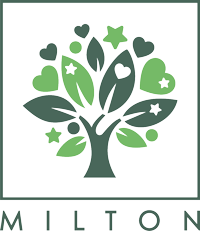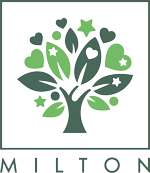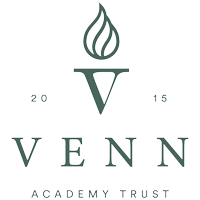
- HOME
- ABOUT US
- CURRICULUM
- LATEST NEWS
- PARENTS & CARERS
- CONTACT
EYFS Curriculum
Our ambition
- To ensure that every child reaches their full potential
To ensure that every child has a means of communicating and expressing themselves.
- To ensure each child forms key relationships with peers and begins to engage with others.
Our vision and aims
In our Early Years, we aim to create a stimulating and challenging environment, which actively encourages and offers children the opportunity to play, explore, take risks, develop resilience, have enjoyment in learning, make progress and become lifelong learners.
We work hard as a team to ensure all children in our care feel safe, secure and valued and that their individual needs are met. We believe that all children are entitled to the best possible start in their school life, both academically and emotionally, in order to enable them to develop to their full potential.
We aim to support each child’s welfare, learning and developmental needs by recognising that all children are unique. At Milton we follow the statutory guidance set out in the SEND Code 2015 and the Statutory Requirements of the Early Years Foundation Stage. We have clear arrangements in place to support children with SEND and disabilities.
- Recognise each child’s individual needs through gathering information from parents and others involved with the child on admission and through our procedures for observation and assessment
- Ensure that in addition to the two specific points in the EYFS for formal assessment, there will be monitoring and review of progress throughout the early years
- Ensure all staff understand their responsibilities to children with SEND and disabilities and have regard to the guidance given in the SEND Code 2015
- Include all children and their families in our provision, making reasonable adjustments where needed
- Provide well informed and suitably trained practitioners to help support parents and children with special educational needs and/or disabilities
- Identify any emerging concerns that might suggest a child has special educational needs and/or disabilities at the earliest opportunity and plan for those needs through a range of strategies
- Share any information received and assessments made by the School with parents and support parents in seeking any help they or the child may need
- Seek any additional help needed including requesting an Education, Health and Care (EHC) Needs Assessment where the School’s own actions are not helping the child to make progress
- Work in partnership with parents and other agencies in order to meet the individual children’s needs, including health services and the local authority, and seek advice, support and training where required
- Monitor and review our practice and provision and, if necessary, make adjustments and seek specialist equipment and services if needed
Curriculum Intent – Cherry Garden
The curriculum at Cherry Garden is based on providing child-centred, individualised learning opportunities for all children.
We use the Early Years Foundation Stage Framework to inform and guide our delivery of the 6 areas of learning: Communication, Language and Literacy, Mathematical Development, Personal, Social and Emotional Development, Physical Development, Understanding of the World and Creative Development.
Before children can develop their knowledge and understanding of all six areas of learning, they must work on a pre-formal curriculum consisting of communication development, physical development, cognitive development and personal, social and emotional development. This pre-formal curriculum is derived from the Welsh curriculum Routes for Learning which has a focus on early communication, interaction and the cognitive skills that are important for development and learning.
The delivery of the curriculum is based around learning through play to engage children with active learning, exploration and becoming a critical thinker. We base children’s learning intentions around the outcomes in their EHCP to ensure that learning is relevant and personalised.
Curriculum implementation
Play underpins our delivery of the Early Years curriculum. Through play our children become active learners, explore and develop learning experiences which helps them to make sense of the world. They practice and build up ideas and learn how to manage feelings and resolve conflicts. They are given the space to explore and discover, to take risks and make mistakes within a safe and secure environment. Practitioners create an environment which is child focused which challenges, motivates and encourages learning through first-hand experiences. The children have daily access to an indoor and outdoor area set up in discrete areas of learning with planned continuous provision. The provision is ever changing to reflect the growth and journey of each child and cohort. We have a work station and sensory room in our unit which enables practitioners to have 1-1 interventions and time with their key child to work on EHCP targets and areas of our curriculum.
Practitioners observe the children in play and record interactions on their learning journals and Tapestry, this is also inline with the Cherry Garden Curriculum. It offers opportunities for practitioners to plan on the spot and implement next steps immediately. Teachers map out their cohort to ensure all children are covered equally. Through Tapestry assessments teachers can identify gaps in learning and prioritise areas of learning each term for each individual child to ensure equal coverage of the curriculum.

“I like the teachers, and the leaders are open to student ideas.“

“Great school – staff are brilliant.“

“I think Milton is good and I like maths!“

“My favourite thing is seeing my teachers everyday.“
